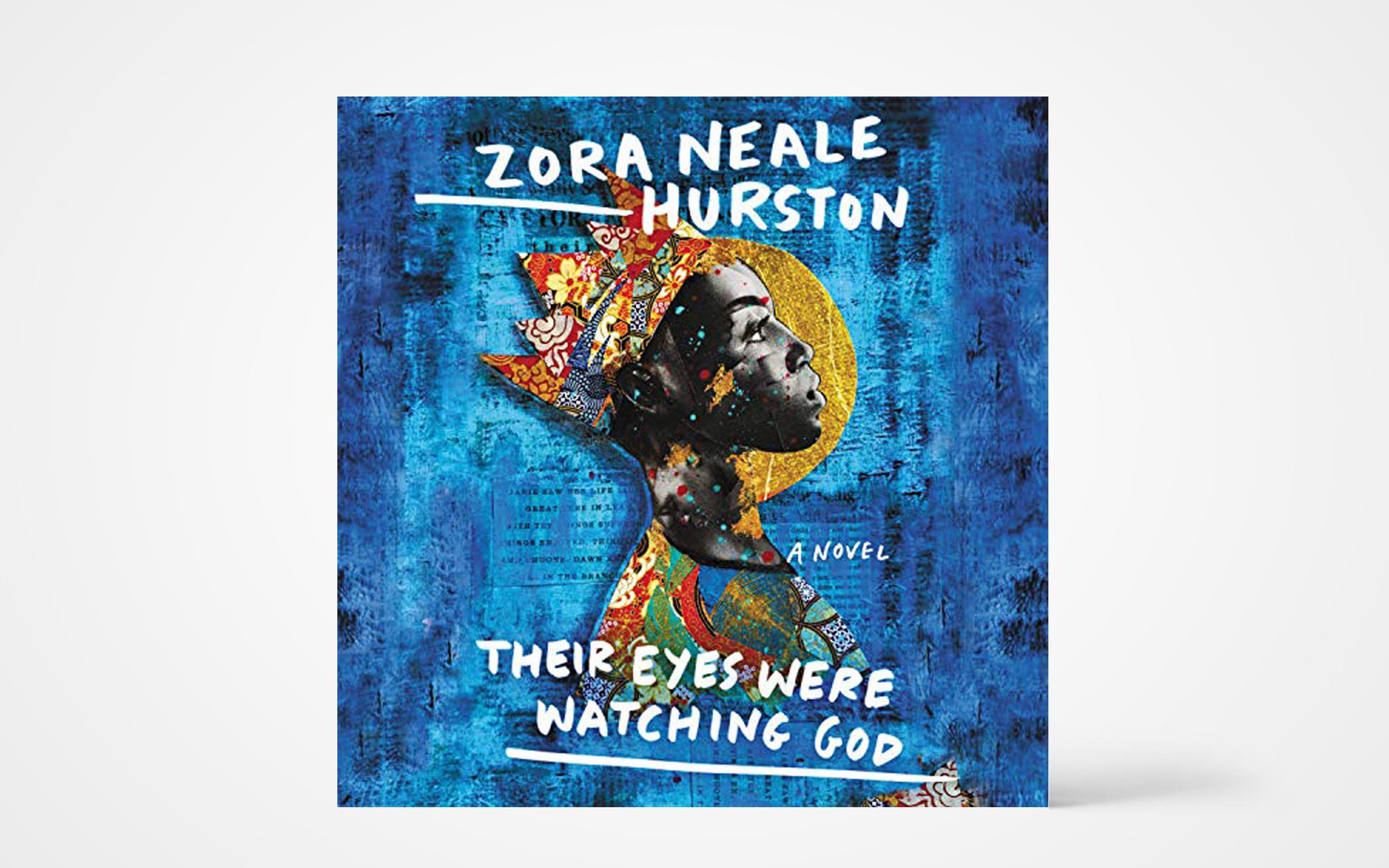Their Eyes Were Watching God is arguably Zora Neale Huston’s finest work. Originally published in 1937, the novel is a glimpse into Black life during the early years of the 20th century. The book follows the life of Janie Crawford and the development of Eatonville, Fla. Eatonville is a real town and, as in the novel, became the first African-American self-governing town in the United States in the late 1800s. Hurston, 1891-1960, grew up in Eatonville.
The novel opens with Janie, a middle-aged African-American woman walking back to Eatonville alone after having left town with a much younger man earlier some time before. She looks like she has been to the end of the world and back and the townspeople watching her return from their front porches are eager to know what happened. Janie’s friend, Pheoby Watson, shows up at Janie’s door bringing a plate of food, emotional support, and an empathetic ear. Janie invites Pheoby into her home and recounts the story of her life, offering context for her arrival, departure, and her eventual return to Eatonville. Four themes weave in and out of Janie’s story—longing for love, the role of women, racial oppression, and the will of God. The title of the book is brought out in chapter 18 and speaks to watching God to see what God will or won’t do next with one’s life.
“The wind came back with triple fury and put out the light for the last time. They sat in the company with the others in other shanties, their eyes straining against crude walls and their souls asking if he meant to measure their puny might against his. They seemed to be staring at the dark, but their eyes were watching God.”
The audiobook version of this book is narrated by Ruby Dee. It is a luscious treat for the ears and the imagination. Dee intuitively takes on the voices and personality of each of the characters. Her voice characterization of Janie and her husbands (she had three during her life) age as they age. Her rich voice masterfully conveys the earthiness and cadence of rural Southerners. Dee, an African-American, captures the subtle nuances of speech patterns associated with African-American men and women, particularly of those lacking education as a result of the racial discrimination and oppression. It is refreshing to hear a Black voice narrating the stories of Black lives.
Dee’s voice and Hurston’s words take me back to conversations with my maternal grandmother many years ago. Through Janie, Hurston explores the inner struggle of a woman limited by social practices and perspective of the role of women in marriage and in public life. These were the kinds of conversations I had with my grandmother, and in turn, I have had with my own daughter.
Written more than 80 years ago, this book was written to capture a moment in time. Listening to this audiobook takes the listener back into time but doesn’t leave us in the past. It connects us to the present and reminds us of how far we have come and how far we have yet to go with regards to race and gender relations. An unexpected benefit of listening to the book as opposed to reading the book is that at some chapter breaks, music plays to set the mood and to signal transition. This is a book that is enhanced by listening to it being read by a skilled narrator.
Originally published in 1937 and long out of print, the book was reissued in 1975. Almost five decades later, Their Eyes Were Watching God is considered a seminal novel in American fiction. (Harper Audio)
About the Author
Michelle Loyd-Paige is the executive associate to the president for diversity and inclusion at Calvin University, a member of Maple Avenue Ministries, and the founder of Preach Sista! (preachsista.org).








